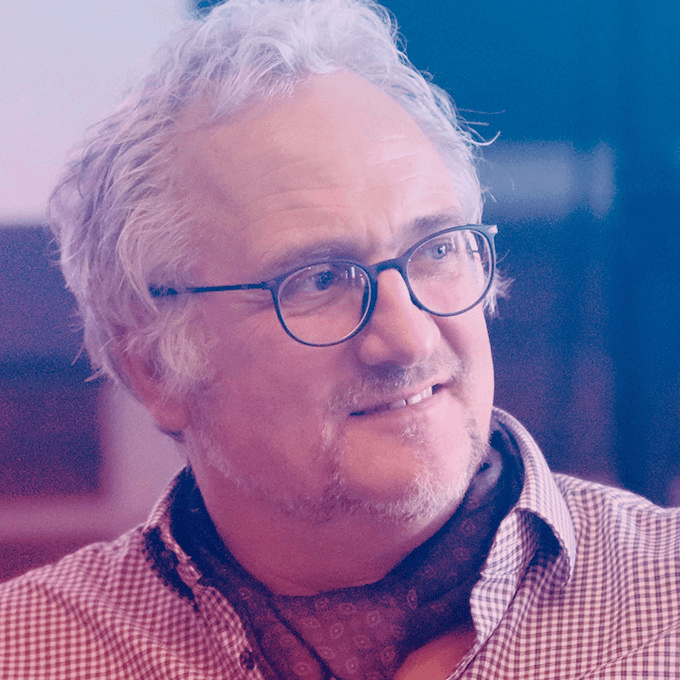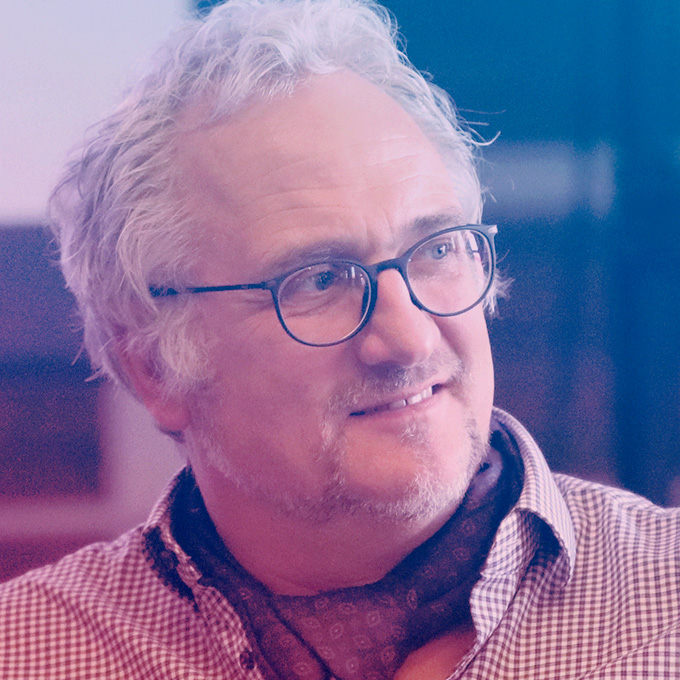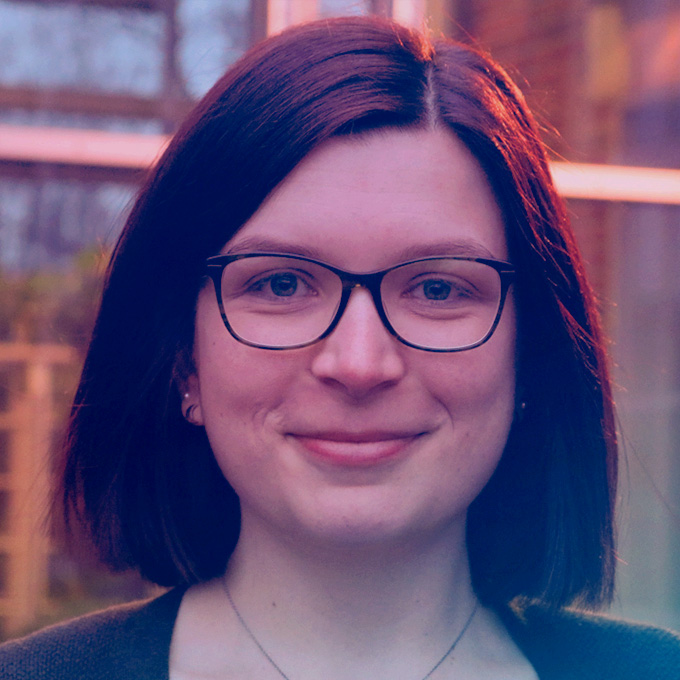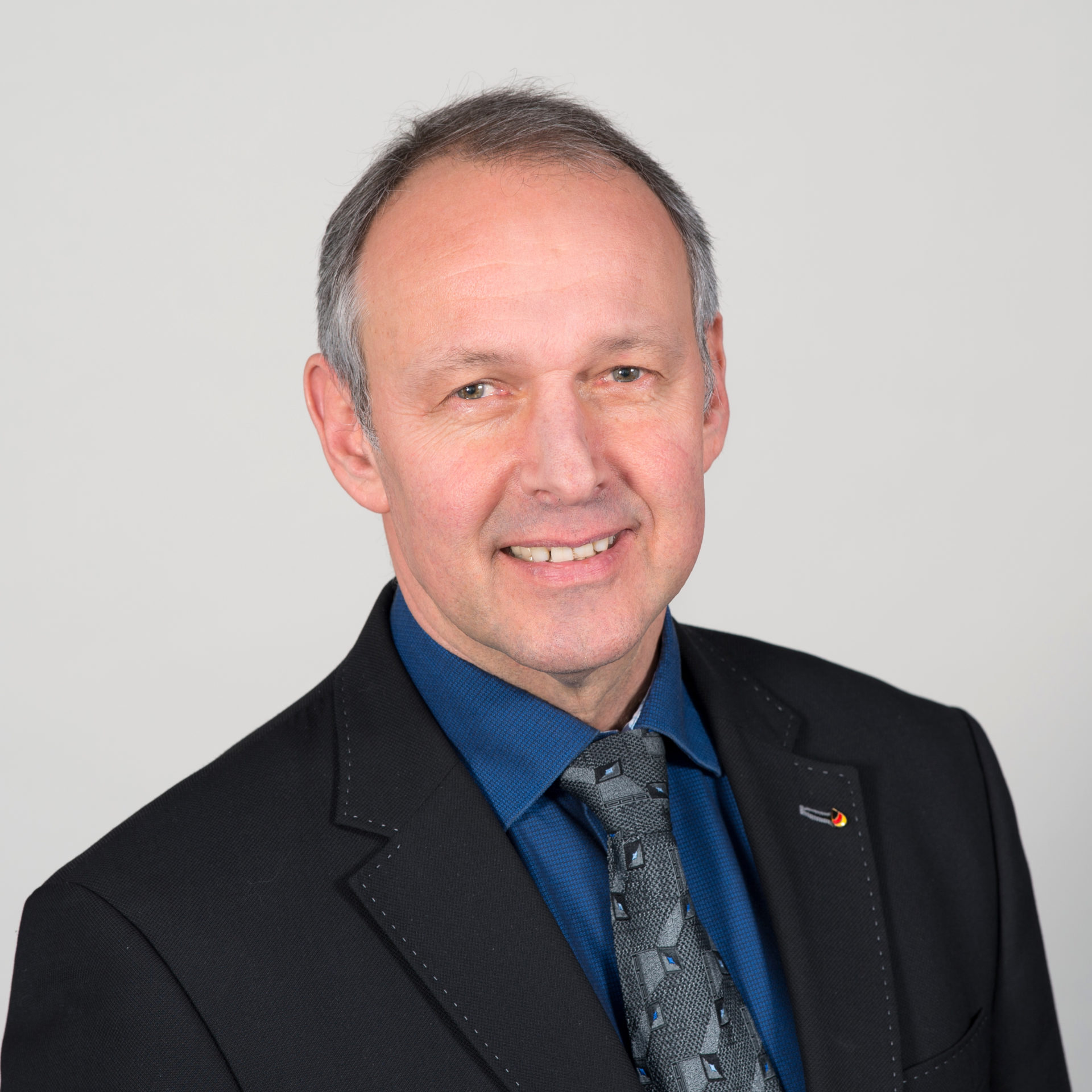Expertise of IRPUD
IRPUD’s main expertise lies in the field of climate adaptation in the context of spatial planning. To this end, IRPUD has a large number of publications and practice-oriented projects carried out. One focus in this context is the preparation and interpretation of climate impact analyses at different spatial levels (local, municipal, regional) with a wide range of specialist emphases.
What are climate impact analyses?
Climate impact analyses examine the effect of various climate signals (e.g. heat or heavy rainfall) on concrete spatial conditions or sensitivities of the space (e.g. resident population or infrastructures). A central goal of climate impact analyses is thus a prioritizing determination of spatial priorities for climate adaptation. Ideally, the approach of so-called parallel modelling should be chosen for the analyses, in which, in addition to the current characteristics of the climate signals and sensitivities, the possible future characteristics are also modelled with a defined temporal observation horizon.
Climate impact analyses in the context of evolving regions
Within the framework of Evolving Regions, IRPUD prepares regional climate impact analyses for the seven participating districts in NRW. The aim is to show the (local) climate effects on different sensitivity levels for the climate signals heat, drought, heavy rain and river floods and thus to provide a basis for decision-making on concrete action and adaptation measures. Furthermore, the analyses identify (abstract) focal points of action at the level of the circles. The premises of the climate impact analyses within the framework of the project are the transferability and further development of the methodological approach, the intra- and inter-municipal comparability of the results and the concrete support of the circles within the framework of the roadmap processes.


 request
request 





